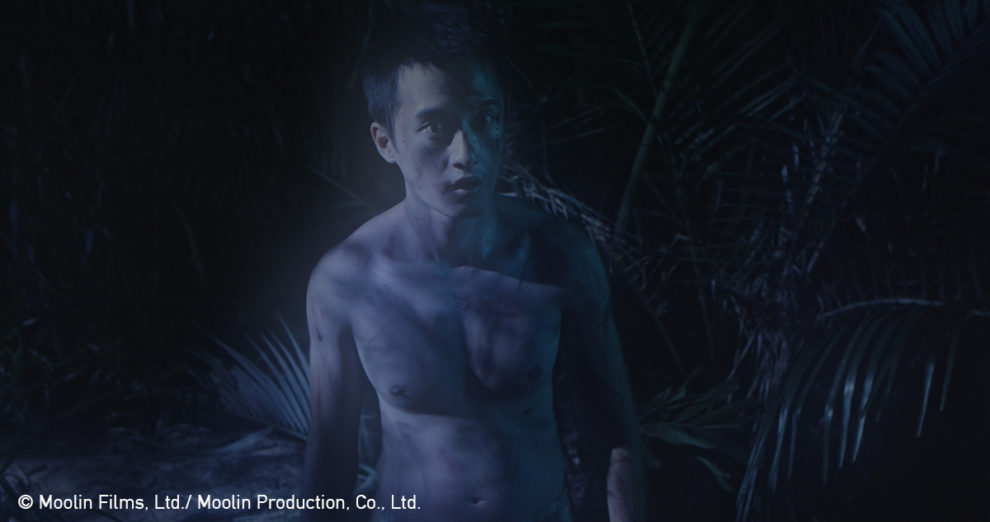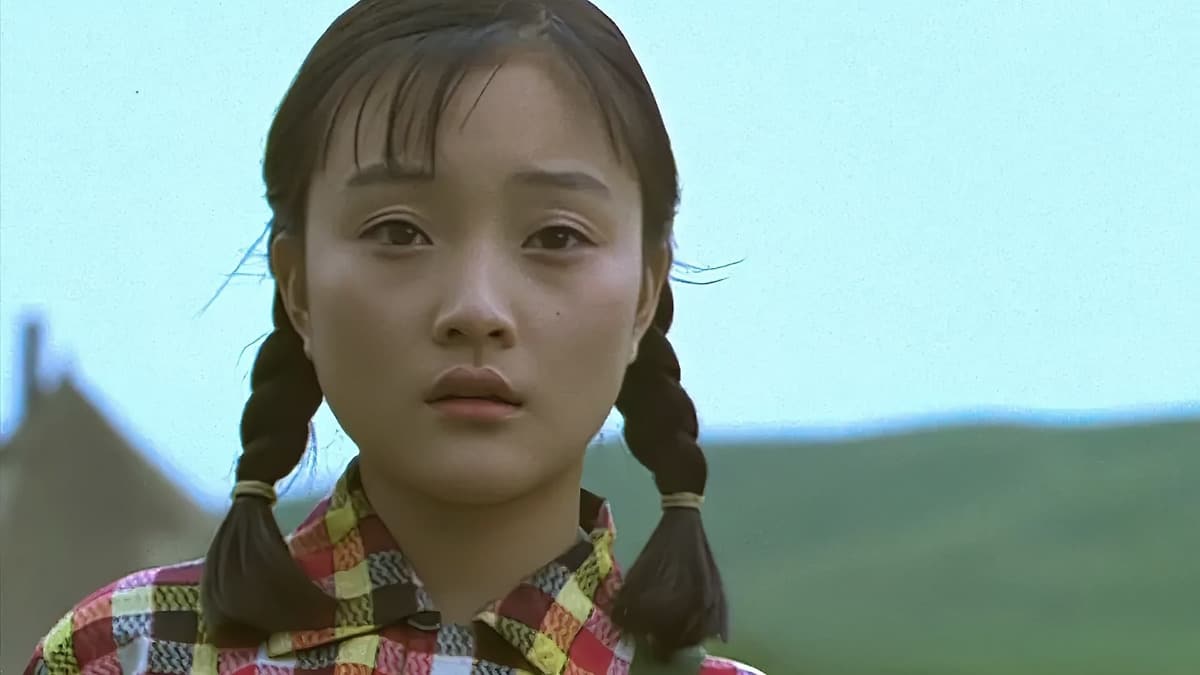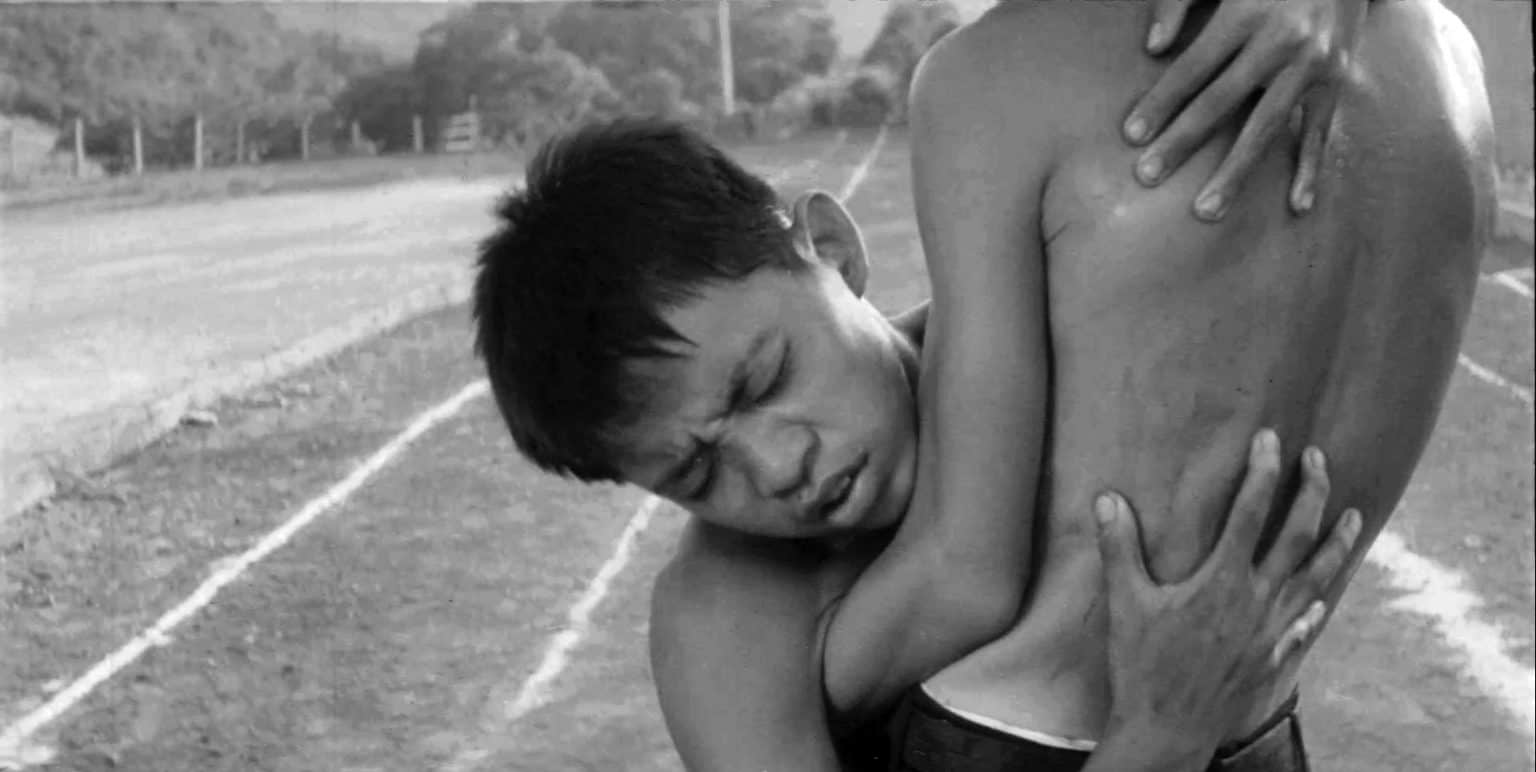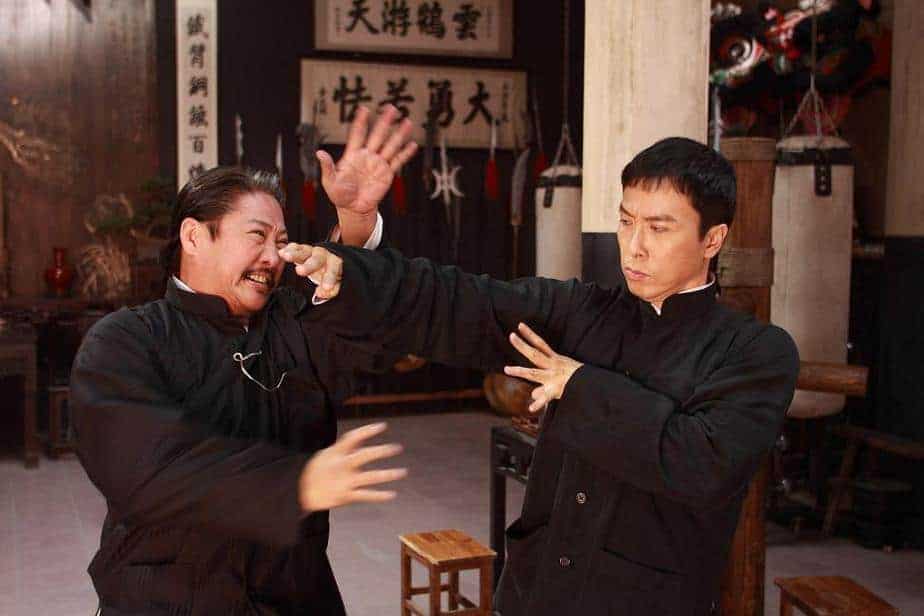“Green Grass, Pale Fire” is a short film directed, produced, and edited by Yin-Yu Huang, who has previously produced and directed several anthropological documentaries. It premiered, along with Huang's documentary “Green Jail”, at the Osaka Asian Film Festival 2021. Both films are based around the history of Okinawa's Iriomote Coal Mine, which relied on enticing workers from mainland Japan, China, Taiwan and Korea with the promise of a tropical idyll, but instead the reality consisted of harsh working conditions and exploitation. Some of the miners risked their lives to escape and became lost in the jungle, and these runaways were known by locals as the ‘Pinginumu'.
Green Grass, Pale Fire is screening at Osaka Asian Film Festival

Set in 1935, “Green Grass, Pale Fire” focuses on the attempts of three Taiwanese Pinginumu to survive the jungle and make good their escape. Instead they are condemned to become wandering ghosts in jungle of the Iriomote Island.
Huang directs a thought-provoking 21 minutes of cinema, which begins setting the scene around Iriomote and the Pinginumu, before an opening shot shows the three characters sat around a fire, talking about how they plan to proceed with their bid for freedom. From here on in, though, the film takes on a more visceral and abstract feel, moving between flashbacks, flash-forwards and ‘out of body' views of the scene.
Guo-Chiang Lee puts in a compelling performance as A-sheng the main protagonist, at first showing a paternal side as he attempts to lead A-yi (Atom Lai) and A-nan (Felis Chen) out of the jungle, before portraying fear and confusion as he becomes haunted by events and eventually loses his way.
Shungo Nakatani's cinematography is excellent, making this short both striking and atmospheric, while retaining an elegant simplicity. The use of a campfire as a point of reference works well, as the film moves into more mysterious territory. Thomas Foguenne's soundtrack is minimalistic, reaching a crescendo in the more ghostly scenes which help evoke a sense of eeriness without being too intrusive. Han Tien's screenplay is simple, yet effective.
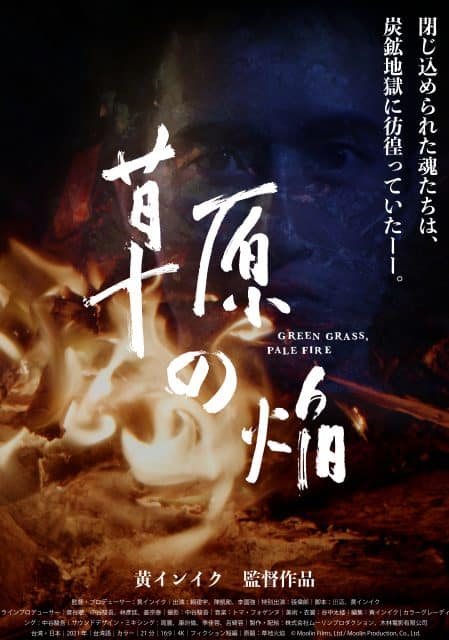
In 21 minutes of film “Green Grass, Pale Fire” manages to educate the viewer about an aspect of Japanese history many will not be aware of, whilst at the same time making the feelings of drudgery and desperation of the miners really hit home. There were a couple of times when I found it hard to follow, which left me wondering whether it was just too abstract, or perhaps I just wasn't keeping up: the scene early on in the film where A-sheng wounds one of his fellow Pingimuni, but then goes on to care for him I found confusing, and then later on, when he is seen speaking to one of the mine's overseers, was this because he had conspired with him to betray his fellow escapees? But I was still thinking about it the next day, and I was reminded that sometimes the most powerful cinema is that which leaves a lasting impression, and we don't always need to follow every minutia of the plot.
The overwhelming sense of hopelessness that the film conveys of the miners being condemned in life, and then even in death is profound. And when a single shot, like the blackened face of one of the would-be escapees, presumably returned to his toil in the coalmine having been recaptured, strikes such a powerful image, you know that a film has done its job, even if you haven't completely followed the plot.


